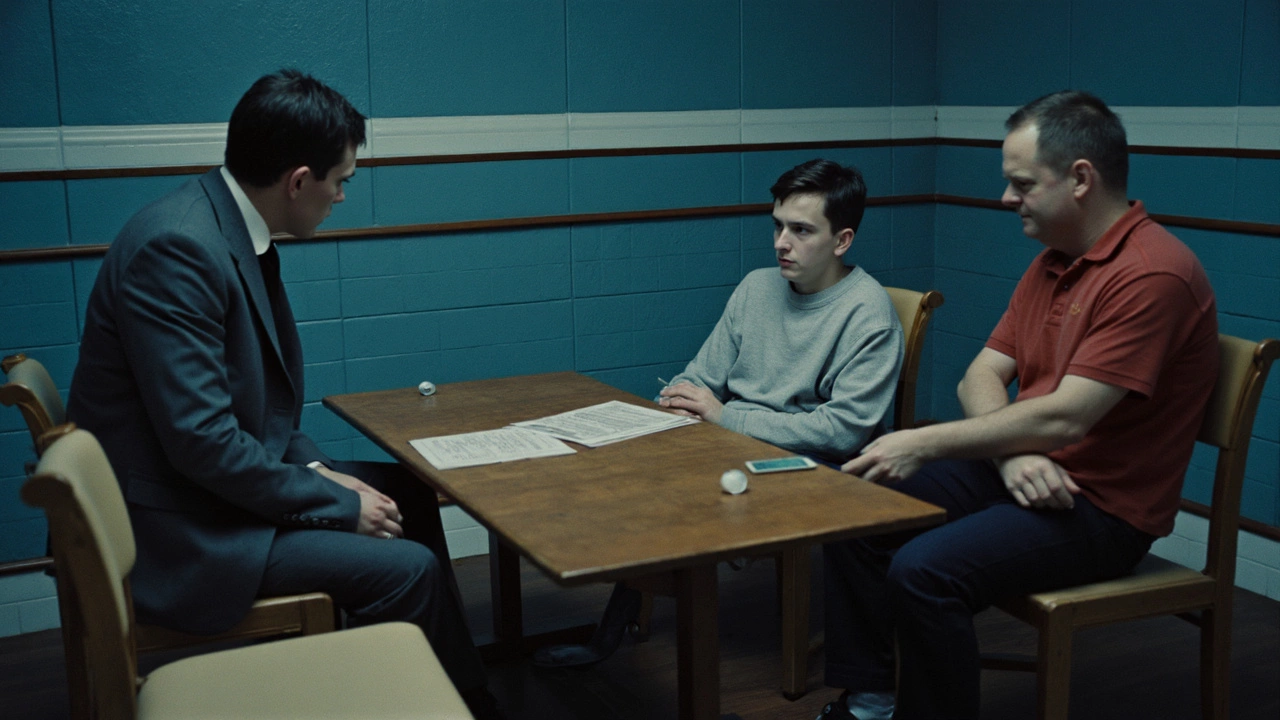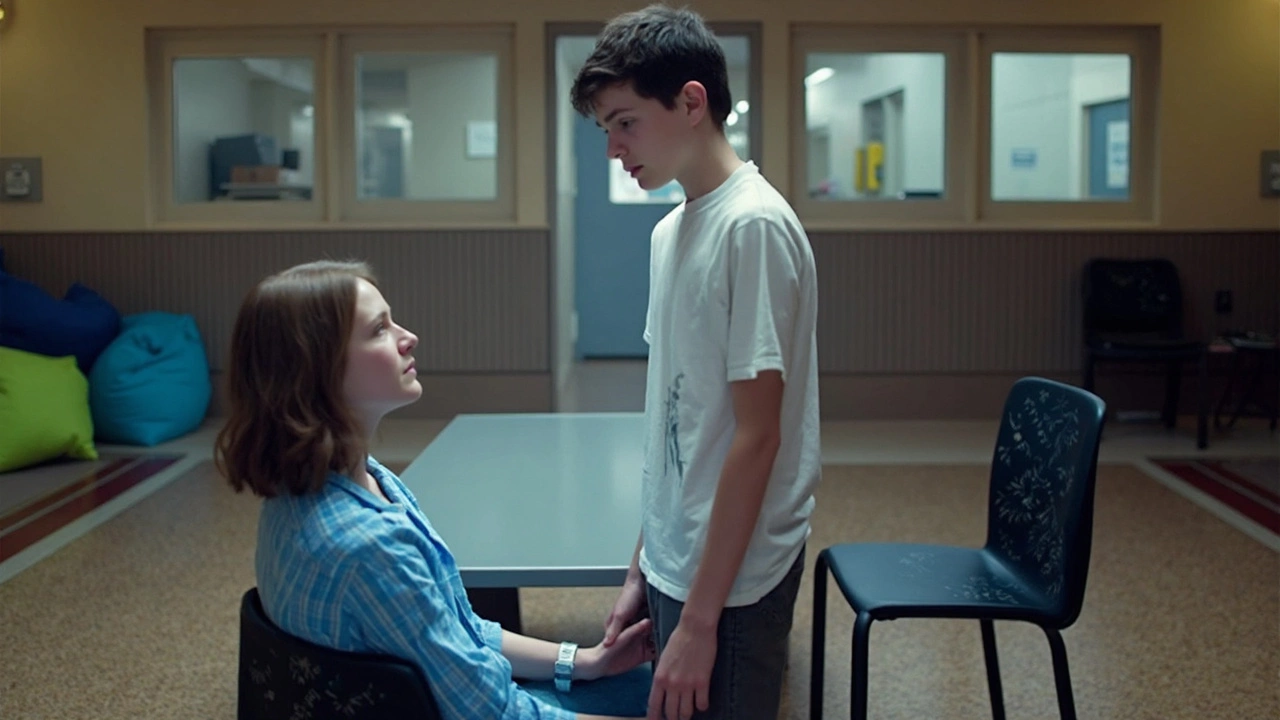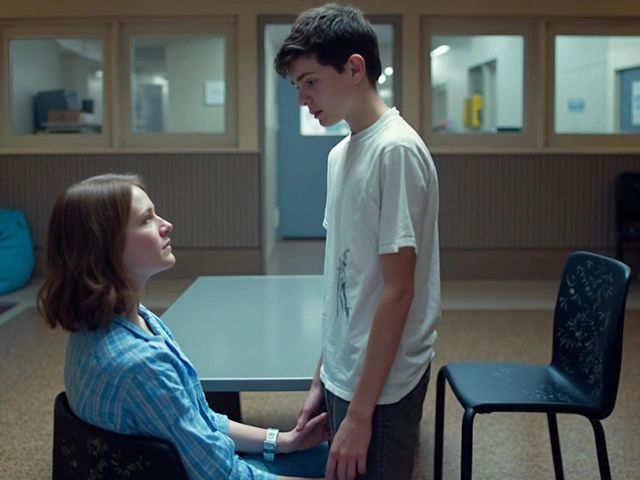Netflix's series 'Adolescence' digs into the case of a 13-year-old accused of murder, examining how incel culture and online radicalization twist young minds. Told through a tech-forward crime drama, it exposes the real-world dangers of growing extremist communities shaping teenage boys.
0 CommentsAdolescence and Online Gaming: What Every UK Parent Should Know
Kids today grow up with a phone in their hand and a world of games just a tap away. When they hit the teenage years, the line between harmless fun and risky gambling can blur fast. You might think online slots are only for adults, but many sites market to younger players with bright graphics and big promises. Understanding why adolescents are drawn to these games helps you keep them safe.
Why Adolescents Are Drawn to Online Casinos
Teen brains are wired for excitement. The reward system lights up with every win, even if it’s just a few virtual coins. That rush feels similar to the buzz you get from a new video game level. Add to that the social pressure of friends bragging about bonuses, and you have a perfect recipe for curiosity.
Many online casino sites use colorful designs, free spins, and easy‑to‑understand terms that look like regular mobile games. Because the UK Gambling Commission allows some forms of "play‑for‑fun" modes, kids can slip in without a deposit and later be encouraged to switch to real money. The ads are slick, the payout timers are quick, and the language is simple – all things teens love.
Practical Steps Parents Can Take
First, talk openly. Ask your teen what games they’re playing and why they enjoy them. A casual chat beats a lecture any day and gives you insight into the platforms they use.
Second, check device settings. Most smartphones let you set age‑appropriate content filters or block specific app categories. Turn on two‑factor authentication on any gambling‑related accounts – it adds a barrier that’s hard for a teenager to bypass.
Third, monitor bank statements. Small, recurring charges from an online casino can slip under the radar. If you see a pattern, ask your teen directly and involve the bank if needed.
Fourth, use the UK’s self‑exclusion tools. The Gambling Commission offers a 12‑month self‑exclusion register that stops anyone, regardless of age, from opening new accounts. You can request a voluntary block for your teen’s name if they’re already playing.
Lastly, teach money basics. Show how a £10 loss feels compared to a £10 win, and explain that the odds are always in the house’s favor. When teens understand the math, the allure fades.
Remember, the goal isn’t to scare your child but to give them the tools to make smart choices. By staying involved, setting clear limits, and using the technology at your fingertips, you can protect your teen from the hidden risks of online gambling while still letting them enjoy the fun side of gaming.


Netflix’s miniseries *Adolescence* throws a harsh light on incel ideology, exploring how online hate shapes young minds. The story follows a 13-year-old boy’s radicalization and violent act, sparking debate about social media's impact on Gen Z. The show is even being used in UK schools as a warning about the dangers of online misogyny.
0 Comments





